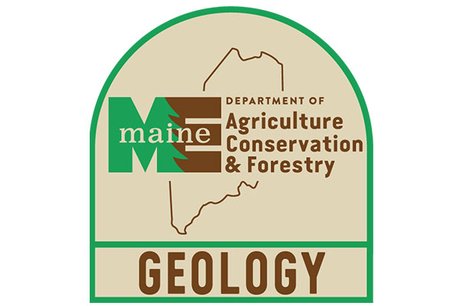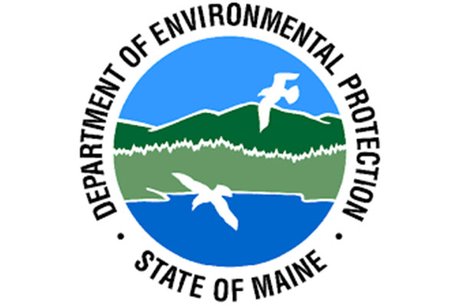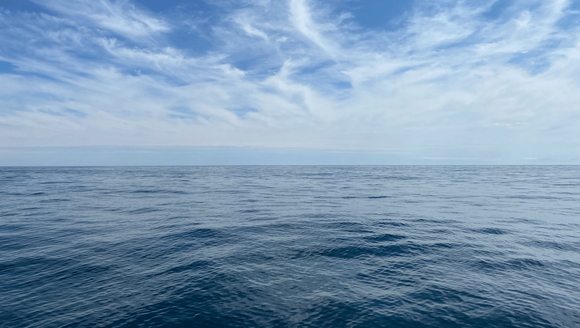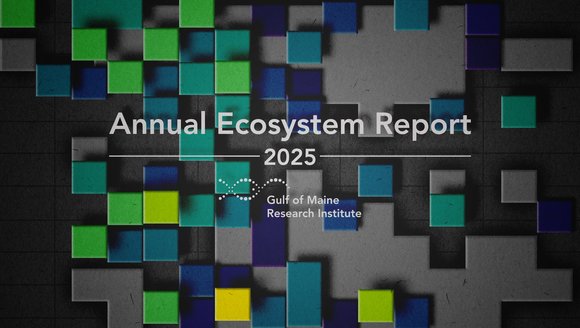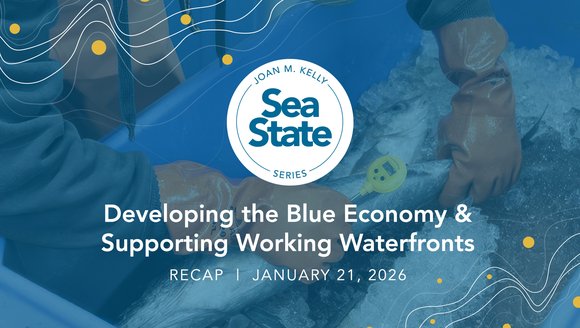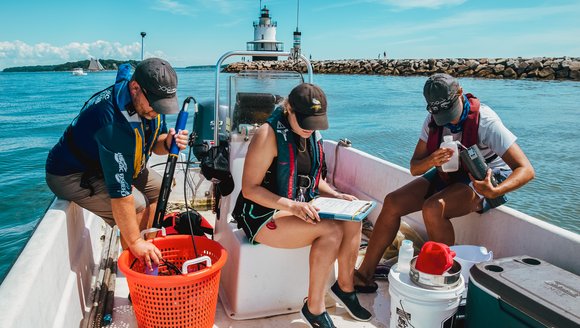Translating Coastal Flooding Science to Support Resilience
Developing tools and guidance that prepare Maine for sea level rise.
For much of Maine’s coast, there is a disconnect between sea level rise and coastal flooding data products, and actionable information that can serve as a basis for flood preparedness and adaptation measures. We are working with partners throughout the state to develop technical guidance, tools, and trainings that translate available science to support coastal resilience.
Project Goals:
- Improve available mapping tools to further support flood preparedness and adaptation.
- Develop technical guidance for applying sea level rise and coastal flooding datasets to adaptation measures.
- Create a hub of online, asynchronous educational materials.
- Develop and deliver trainings.
Maine Won’t Wait, our state’s climate action plan, calls for adaptation strategies built on infrastructure and habitat-scale hazard information. For much of Maine’s coast, there is a disconnect between sea level rise and flooding data products and actionable information that can serve as the basis for adaptation measures. A slew of datasets and mapping tools exists, yet the decentralized nature of these resources and the lack of guidance around applying them to local, boots-on-the-ground resilience strategies presents a challenge to end users.
We are collaborating with partners around the state to develop tools, educational materials, and trainings that provide guidance on leveraging available science for resilience of human and natural systems. Specifically, we will:
- Update the Maine Geological Survey Sea Level Rise/Storm Surge Viewer so that inundation maps can be connected to National Weather Service forecasts and the FEMA-defined 1% annual chance flood event.
- Create a hub of educational materials that consolidates information on the drivers of flooding, coastal flooding and sea level rise data products, datums, flood forecasts, and tide predictions.
- Develop technical guidance for marine oil terminal owners conducting Natural Hazard Risk Assessments that consider future sea level rise under the updated Ch. 600 rule.
- Inform statewide climate resilience goals and strategies put forward by the Maine Climate Council through service on its Scientific and Technical Subcommittee, where we will deliver up-to-date information on the coastal impacts of climate change in Maine.
- Develop and deliver in-person trainings.
Project Team:
-
Atlantic Meridional Overturning Circulation (AMOC) 101
This 101 explainer breaks down what the AMOC is, how it influences climate, what scientists are observing now, and what a changing AMOC could mean …
Perspectives
-
2025 Casco Bay Ecosystem Monitoring Report
Dive into the latest findings from a decade of nearshore monitoring in one of the world's fastest-warming marine ecosystems.
Reports
-
Sea State Recap: Developing the Blue Economy and Supporting Working Waterfronts
At our latest Sea State Seminar, we turned our attention to the people and places that keep Maine’s coastal economies alive. Framed by the theme …
Perspectives
-
2025 Research Progress Update
Each year, to keep you updated on our research team's progress, we develop an update showcasing some of our lab's achievements. More broadly, this update …
Reports
